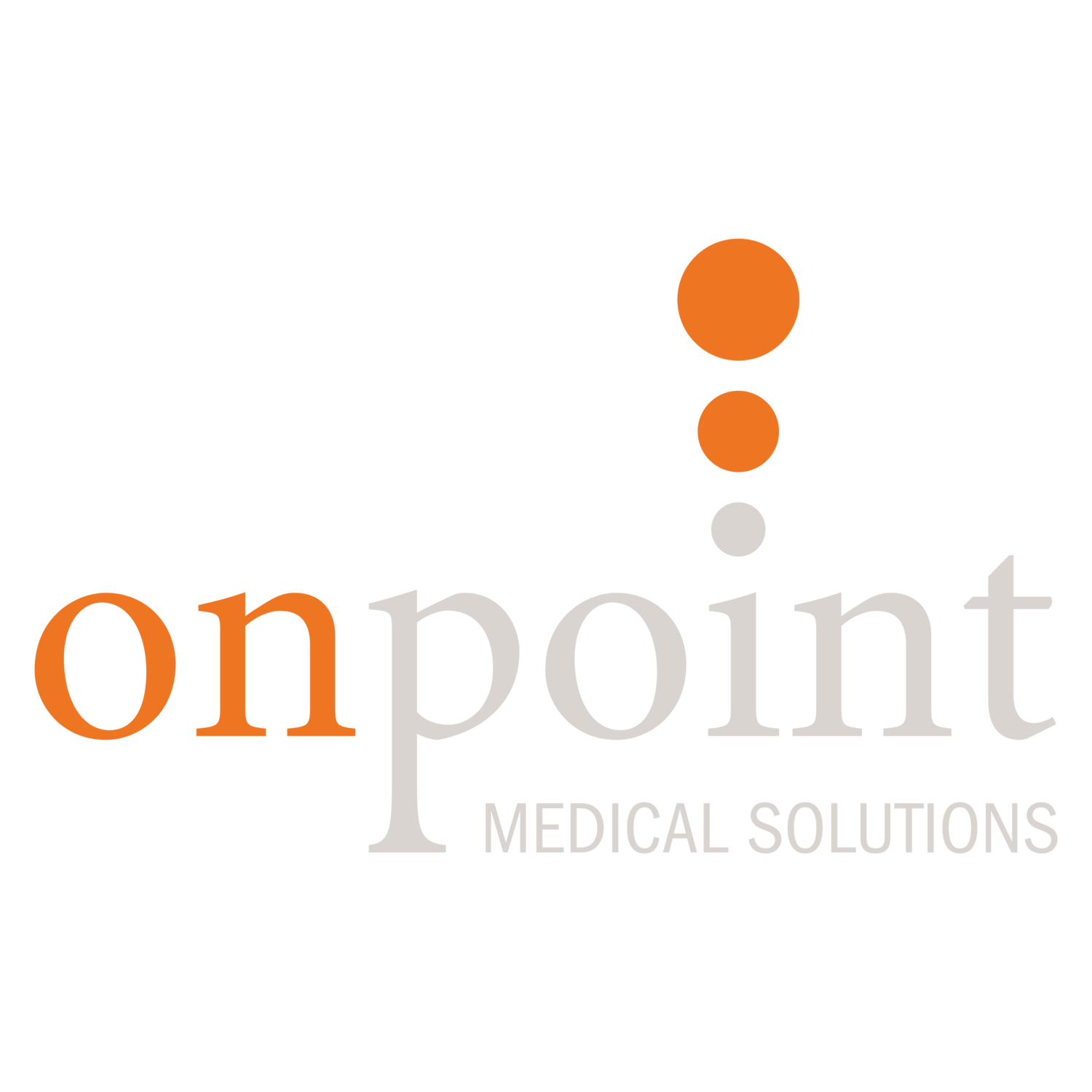Prioritize Practice KPIs to Stay Independent
Is your medical practice feeling the pressure to join a larger hospital system? Staying independent can be tough — but rewarding if you have the right tools and expertise.
The most effective tool to learn is to utilize key performance indicators (KPIs) to assess your practice’s health. Monitoring these critical metrics helps strengthen your financial and operational health.
9 Key KPIs to Empower Your Practice
Overhead costs of operating independent medical practices have jumped nearly 40% in the last two decades. Now is the time to use these KPIs to gauge your medical practice’s health and uncover revenue opportunities:
Accounts Receivable (AR) Days: A high AR Days value indicates payment delays that strain a practice's cash flow. Monitor this KPI to identify issues with billing processes, payer delays or potential problems with claims processing.
Claim Denial Rate: Tracking a high claim denial rate reveals issues in the billing process, such as coding errors, incorrect patient information or eligibility issues. Addressing these problems promptly can reduce denials and improve overall revenue.
First-Pass Rate: This KPI measures the efficiency of claims. Improving this rate speeds up payments, reduces administrative costs and improves enterprise-wide financial health.
Patient Collections: Patient collections KPIs include co-payments, deductibles and other out-of-pocket expenses. You must effectively manage patient collections to maintain cash flow.
Revenue Per Encounter: Analyze this KPI to assess the individual service financial performance, adjust pricing strategies or improve service offerings. Revenue per encounter also provides benchmarks to compare performance against industry standards.
Cost-to-Collect Ratio: A lower cost-to-collect ratio indicates orderly billing operations. This KPI can identify areas to streamline processes or invest in technology to reduce costs.
Credentialing Turnaround Time: Credentialed providers can see patients and generate revenue. Timely credentialing for new providers or re-credentialing existing ones is crucial.
Patient Satisfaction Scores: High patient satisfaction scores mean better financial performance. Satisfied patients will adhere to treatment plans and return for future care.
Charge Capture Accuracy: Accurate and effective charge capture ensures services are billed appropriately. Monitoring charge capture identifies gaps in service documentation or billing practices and reduces revenue leakage.
The Right Partner to Leverage KPIs
Monitoring and analyzing KPIs might seem like a lot of work, and they can differ from practice to practice.
We understand you’re trying to run a world-class medical practice. You struggle with devoting precious time and brain power to numbers and spreadsheets. Is there someone who can carry this load for you?
Find a partner to support your KPI tracking. An experienced medical billing solutions provider’s invaluable insights and web-based revenue cycle management (RCM) software can streamline your billing processes and drive financial success.

